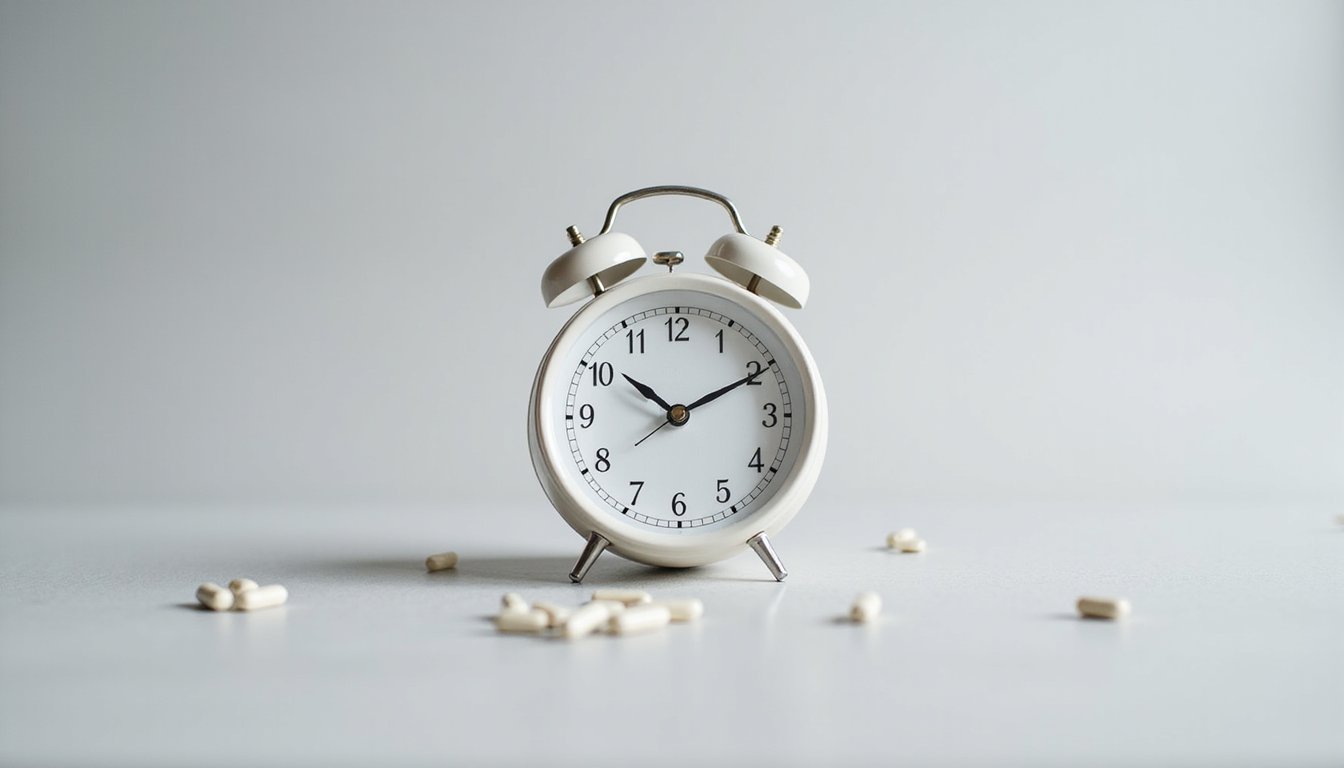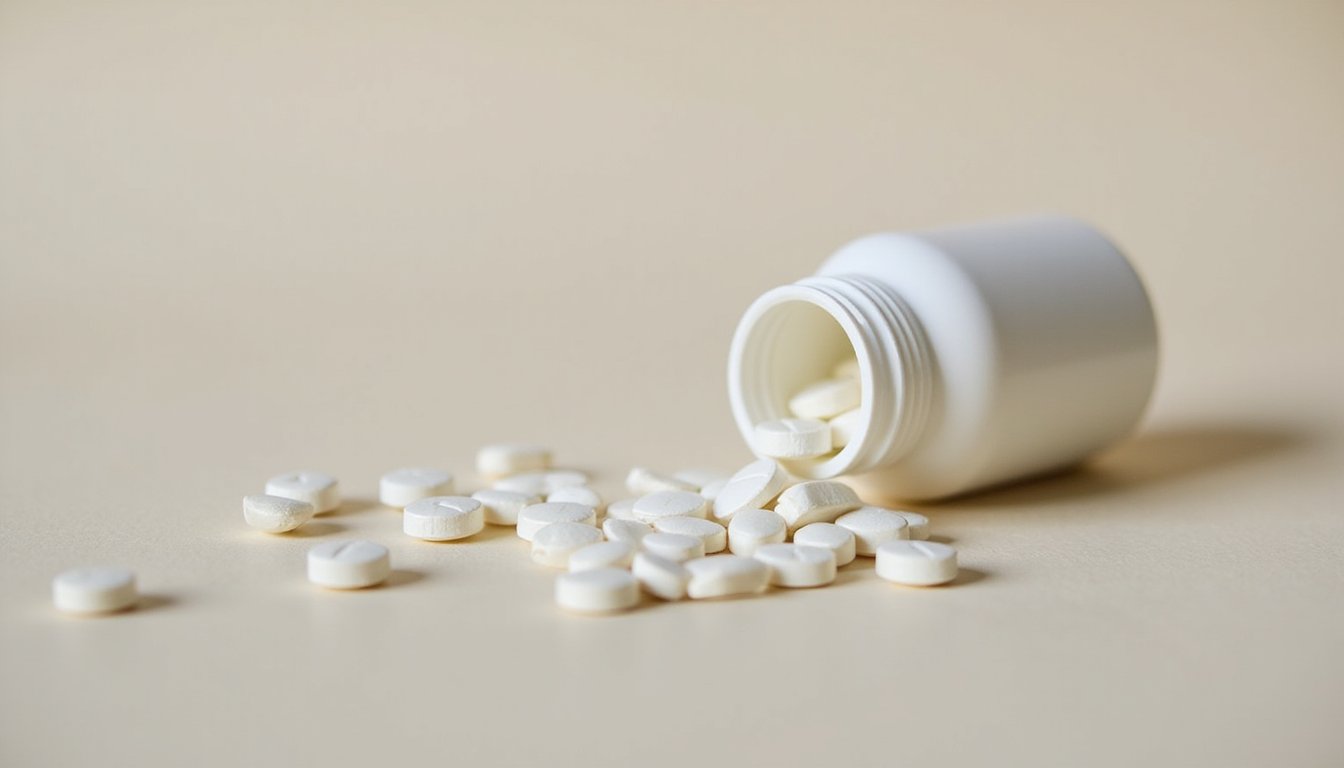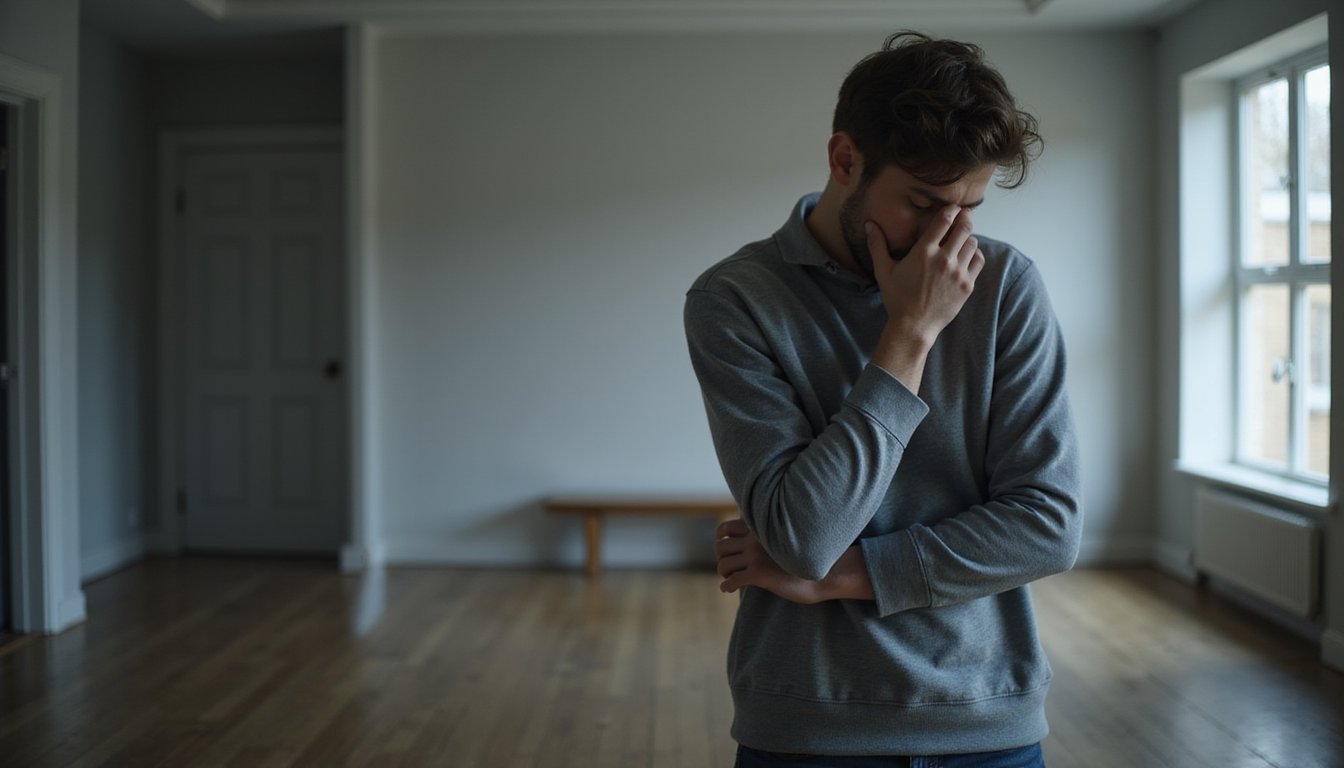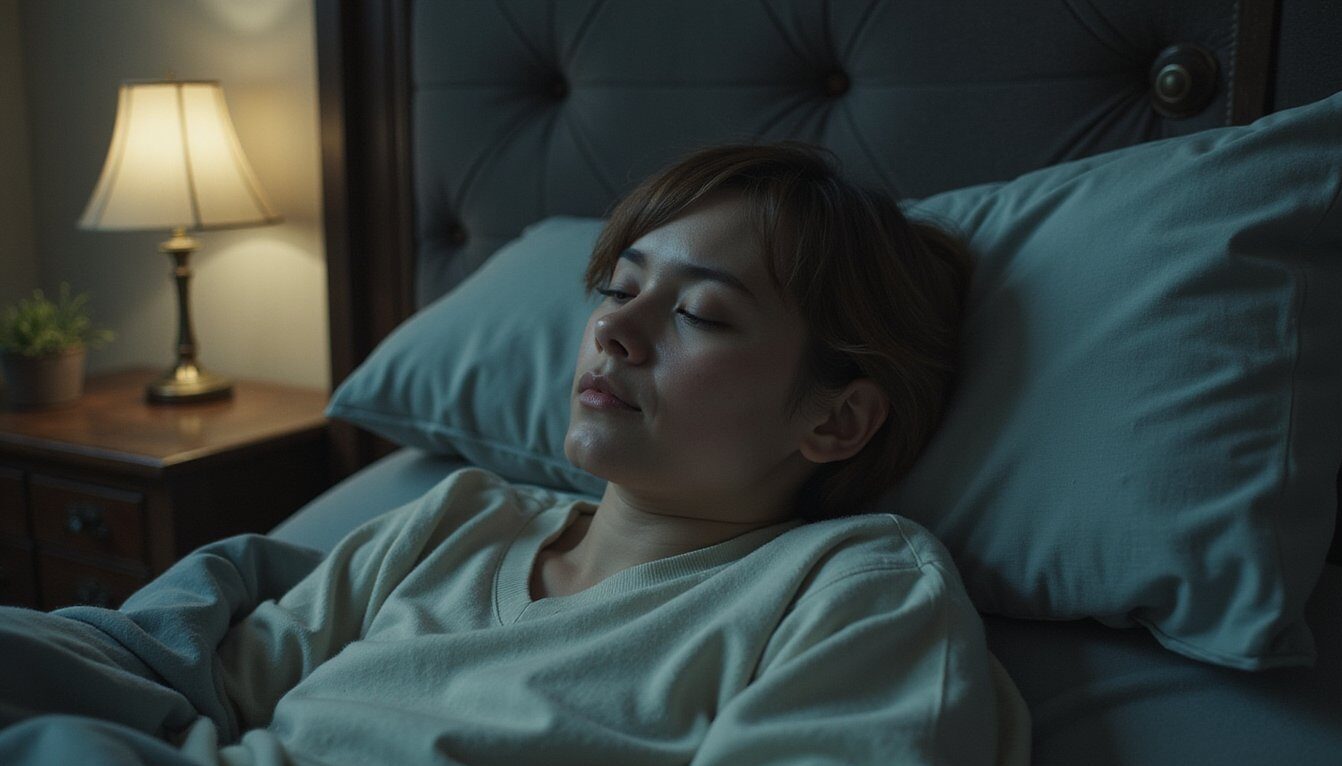How Your Relationship Suffers When You’re Depressed
If you find that your romantic or social relationships are suffering or dwindling, depression might be the reason. Depression is a common mental health disorder whose symptoms reduce energy, social connections, and interest in people and activities you once enjoyed. It is worth learning more about this condition to see if depression is keeping your relationships from working out as expected.
How Common Is Depression?
Before moving forward, know that the Diagnostic and Statistical Manual of Mental Disorders, Fifth Edition (DSM-5) breaks depression down into several different but related illnesses. These include disruptive mood dysregulation disorder, persistent depressive disorder, premenstrual dysphoric disorder, and substance-induced depressive disorder. Bipolar disorder is a separate spectrum of conditions that cause extreme fluctuations in mood, energy, and functioning due to alternating manic and depressive episodes.
When most people talk about depression, they are referring to major depressive disorder (MDD), also known as clinical depression. It has numerous symptoms and manifestations and is one of the most common mental health conditions currently being diagnosed.
The National Institute of Mental Health (NIMH) reported that in the United States in 2020, an estimated 21 million adults (8.4%) had at least one major depressive episode. About 66% of those people, and about 71% of those whose depression caused the severe impairment, received treatment.
Depression is even more prevalent among adolescents. An estimated 4.1 million American young people aged 12 to 17 (17%) had at least one major depressive episode in 2020.
What Depression Looks Like
Many people know what it’s like to feel sad or emotionally numb and to lose interest in hobbies, but depression has many more symptoms than this. In this section, we will discuss the common symptoms associated with depression so that you can better understand what it looks and feels like. This will also help you understand why it can affect your relationship so deeply if you or your loved one isn’t receiving treatment.
The most common symptoms associated with depression include:
- Sadness, emotional numbness, or feeling disconnected
- No longer enjoying once-pleasurable activities, also known as anhedonia
- Significant increase or decrease in appetite
- Significant increase or decrease in sleep
- Reduced energy and fatigue
- Agitation or slowing of physical movements and speech
- Inappropriate feelings of guilt, worthlessness, and hopelessness
- Trouble concentrating, remembering, and paying attention to others
- Recurring thoughts of death and suicide
You don’t need every symptom to be diagnosed with MDD. The DSM-5 requires that an individual have a low mood and anhedonia for at least two weeks to an extent that they interfere with normal functioning. The person must also experience at least five of the other symptoms listed above.
Depression Specifiers
There are also specifiers that can describe different presentations of depression. Some of these specify that certain factors are more present than others, such as melancholic depression, meaning that the client is suffering from profound emotional numbness, lack of sleep, depression that is worst in the morning, difficulty moving and speaking, and excessive guilt.
The MDD specifiers include:
- Anxious distress: Some anxiety symptoms are present but not enough for a separate anxiety disorder.
- Mixed features: Some hypomanic or manic symptoms are included.
- Melancholic: This is marked by profound emotional despondency and lack of energy.
- Atypical: This involves an increase in eating, sleeping, and physical agitation.
- Psychotic features: There are some delusions or hallucinations but not enough for a full schizophrenia diagnosis.
- Catatonia: The client is physically unresponsive during some or all of the depressive episodes.
- Peripartum: The depression started during pregnancy or postpartum.
- Seasonal pattern: Depression either starts or becomes worse during specific seasons, typically fall and winter.
It’s best to have a professional determine which, if any, specifiers your diagnosis includes. Not only can this help with treatment, but it can also help you and your partner prepare for the depressive episodes. For example, those with seasonal pattern depression, also known as seasonal affective disorder (SAD) can prepare for lower moods when the temperature starts getting colder.
How Depression Affects Relationships
We will explore how depression affects relationships in the following sections. While this condition can affect all relationships, we will be paying more attention to romantic relationships here. While many people suffering from depression can hide the disorder from friends, coworkers, and acquaintances for a short period of time, this is difficult to do when spending lots of time with an intimate partner.
Masking is a term for acting as if the mental health symptoms are not present. This tends to work for a short period, but it creates stress for the individual and often requires them to retreat for minutes or hours of recovery time. For this reason, it isn’t recommended as a long-term strategy.
Reduced Interest in Activities
A core symptom of depression is anhedonia. Along with feeling little to no interest in activities that you once enjoyed, you are unlikely to feel pleasure when taking up new activities, and even attempting them feels like it’s not worth it.
So, what does this lead a depressed individual to do? Typically, they trap themselves in doing low-effort activities that can quickly become boring to others. Those feeling anhedonia are probably bored by these activities as well, but the low amount of effort required makes them the easiest course of action, or inaction. This can include watching TV for hours on end, playing easy video games, talking about mundane topics, or even just lying in bed.
To this individual’s partner, it seems like the depression sufferer doesn’t want to do anything fun as a couple, and the relationship becomes boring and stagnant.
Poor Sex Life
Most relationships need fulfilling sexual intimacy to blossom, so it’s not surprising that many people with depression have poor sex lives.
This can be due to many reasons. On the biological side, those with depression commonly suffer from erectile dysfunction or just aren’t into the idea of being touched. Emotionally, a low mood and numbing of emotions make them feel disconnected from their partner, so having an intimate moment is difficult. From a behavioral standpoint, anhedonia and physical slowing can make having sex seem like it’s too much of an effort to bother with.
This can erode romantic relationships. The other partner wonders if they aren’t good enough or if there is a problem with the relationship itself. The other partner will likely want more intimacy than the depressed can provide, and this can add to the feelings of sadness and guilt that are already present.
Hopelessness About the Relationship
Another common symptom of depression is hopelessness. This makes it difficult for the person to strive toward a greater sense of self, and it also makes it hard to try new things or to overcome adversity. The problem is that every relationship, even the best ones, will have some measure of adversity. This can occur within the relationship itself or result from outside stressors such as conflicts at work or financial problems.
Those with depression commonly lack hope. If there are problems, then they will often find it easy to give up. If there’s no hope of things getting better, then why keep striving for something more? This can leave the other partner feeling like they have to shoulder all the burdens. What should be a two-person job all becomes one person’s responsibility.
Not only will this seem unfair to the other partner, but the one with depression may also blame their partner for problems that come up. This is often easier than facing the hopelessness they feel inside.
Cheating and Acting Out
This might seem odd at first, especially if you only consider depression to be about low mood and lack of interest in pleasurable activities. Keep in mind that anyone with a mental health condition will do their best to feel better. Often this is done in self-destructive ways, like participating in activities that create a sense of danger and excitement. Those with severe depression often won’t feel anything unless it makes their hearts race.
While this can be fine if it comes to harmless fun activities, the problem is that it can also manifest as cheating, substance misuse, and attention-seeking behaviors that range from annoying to dangerous. This can be an emotional rollercoaster for the other partner as they try to figure out what’s happening in the relationship.
Treatment Options
If you are worried that depression is affecting your relationships, then you may want to seek treatment for it. While depression can feel all-consuming, the truth is that it is highly treatable. Not only that but there are numerous treatment options that you can choose from.
Medication Management
Medication can be beneficial for treating depression. This takes care of the biological side of depression, and it also helps you deal with the thoughts and behaviors associated with depression.
There are many different types of antidepressants your physician may prescribe to you. The most common are selective serotonin reuptake inhibitors, or SSRIs, which increase serotonin and have been effective for most people who take them. However, these aren’t effective for everyone.
If you find that SSRIs aren’t helping, then there are other medications to choose from. There are also serotonin and norepinephrine reuptake inhibitors (SNRIs), tricyclic and tetracyclic antidepressants, atypical antidepressants, and more. Each has its own pros and cons, so be sure to discuss your options with your prescriber.
Talk Therapy
Talk therapy has been shown to also be effective with depression treatment. There are many different modalities that are available to choose from, and some people might benefit from one more than another.
Cognitive behavioral therapy (CBT) has been shown to be highly effective against depression. This type of therapy probes your thoughts, emotions, and behaviors and helps you find healthier strategies for thinking, communicating, and living. You will learn how to recognize your counterproductive thoughts and feelings while learning better ways of thinking. This can also be applied in couples counseling so that both you and your partner find better ways to exist in your relationship.
While depression can affect relationships, that doesn’t mean you have to suffer and let your relationships erode. There are many treatment options available that can help you overcome the harmful effects of depression. Using both therapy and medication can help you return to being a person who is able to feel, to love, and be happy again.






